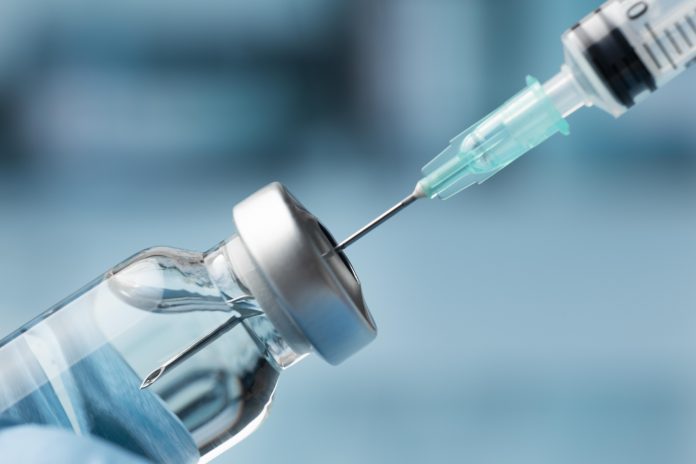Climate change has driven an “unprecedented” number of larger and more deadly cholera outbreaks around the world this year, the UN health agency, WHO, said on Friday. “The map is under threat (from cholera) everywhere.”
Currently 30 countries have reported cholera cases, compared to less than 20 countries in the five years prior. Amid the resurgence of the disease around the world, the global stockpile of cholera vaccines is “currently empty or extremely low”, announced the organization.
“We have no more vaccines. More countries are continuing to request (them) and it’s extremely challenging,” said Dr Philippe Barboza, WHO. Among the countries that have been affected by outbreak are Haiti, Lebanon, Malawi, Pakistan and Syria. Typically, the emergency stockpile has around 36 million doses available annually, but due the shortage, in October this year WHO changed its standard recommendation of the two-dose vaccination, to only one dose. At the end of November, Syria received 2 million doses, this week Haiti received a batch of more than 1 million doses and Lebanon 900.000 additional doses.
Cholera is an infectious disease transmitted through the ingestion of contaminated food or water, and it is a particular concern in areas with poor sanitation and limited access to clean water. It is a severe diarrheal illness that can lead to dehydration and death if left untreated. According to WHO, there are 1.3 to 4 million cases of cholera every year and 21,000 to 143,000 deaths worldwide from the disease.
“Very clearly, cholera is a disease of poverty, of vulnerability, it’s the most fragile part of the population in any given country which are most at risk and for a very simple reason: it’s just because they don’t have access to safe water and to basic sanitation,” noted Dr. Barboza.
“It’s probably far less attractive to develop a vaccine for cholera, so basically a vaccine for poor countries, than to develop COVID vaccines where the income made for the vaccine is much higher,” said Dr. Barboza, adding that a South African initiative to produce the vaccines is underway but it would take “a few years” to materialize.
Source: reuters.com










